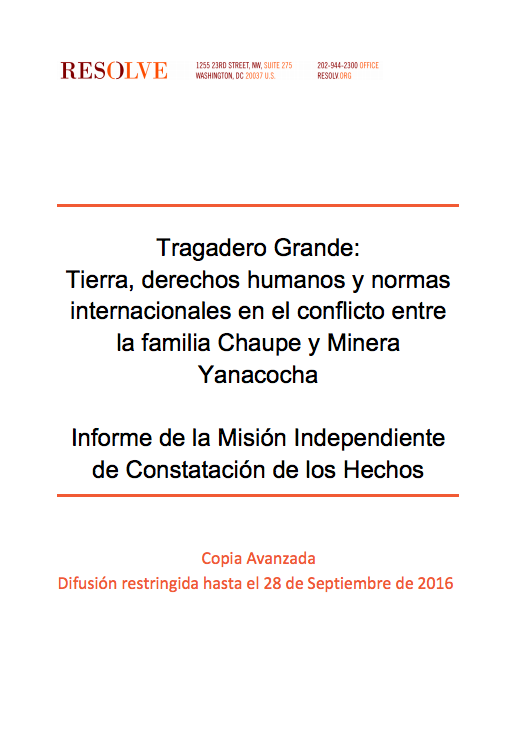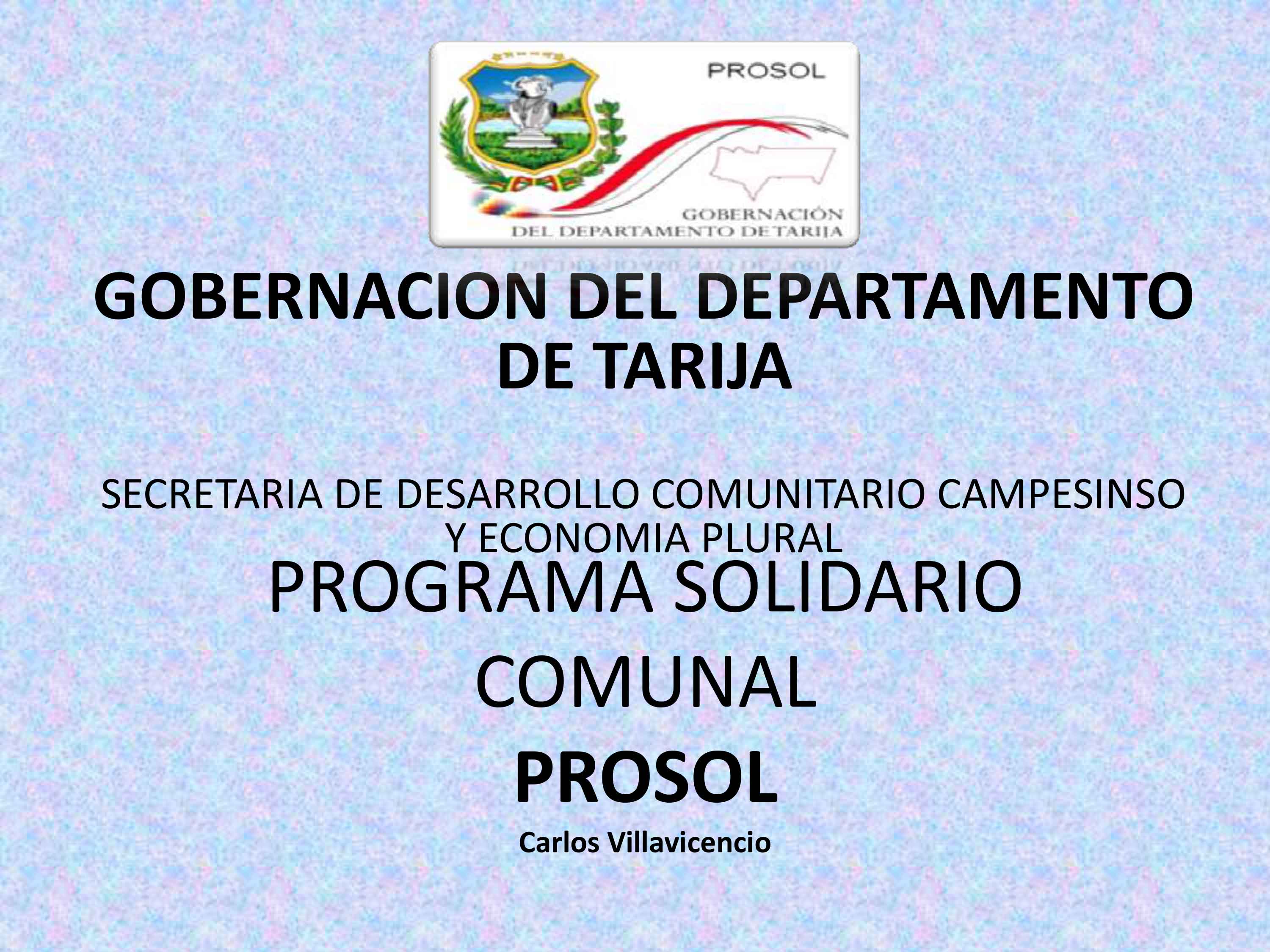Land concessions for economic purposes in Cambodia: A human rights perspective
ABSTRACTED FROM THE MISSION STATEMENT: The primary purpose of his mission was for the Special Representative to update himself on the human rights situation in Cambodia for his report to the 61st session of the Commission on Human Rights. He paid particular attention to the management of land and natural resources, the continuing problem of impunity, and to corruption which impacts negatively on the realisation of a range of human rights and distorts the allocation of economic resources so as to further exacerbate existing inequalities.











